On plans to consult farmers, Minister McConologue said:
“This is a fair, farmer-friendly and, critically, a flexible CAP. It will help us to make sure that we provide support in an equitable way, while we also deliver more for the environment and climate.
“I intend on bringing this CAP deal to every calving shed, every milking parlour, every tillage field and every kitchen table in the coming weeks and months to get the views of farmers on what they want to see in this CAP.
Agriculture is nothing without our farmers
“Consulting with farmers has been a hallmark of my time as Minister for Agriculture. Agriculture is nothing without our farmers and we owe it to them to get their views on the issues that are critical to them.
“This CAP is one of the most crucial policy areas affecting over 120,000 farm families in every rural parish in the country, and I cannot make decisions that will impact on these farmers without first talking to them to get their views. We will be releasing details of the planned consultation over the coming weeks.”
The minister addressed plans for continued convergence:
“Convergence is nothing new. We have been on the path of convergence for some years now. That is not to take away from people’s legitimate concerns around the payments, but the process is not new. We are now moving to minimum convergence of 85% by 2026, and nothing is off the table.
Those benefiting from such a measure would undoubtedly favour it
“In fairness to the European Parliament, its proposal to move to full flattening of payments is one possible response to the criticism frequently made in Ireland and elsewhere that there should be no linkage between payments today and agricultural production 20 years ago. It would settle that argument once and for all.
“Those benefiting from such a measure would undoubtedly favour it, but those whose payments would be reduced, particularly full-time farmers on modest holdings with relatively high payments per hectare, would view things differently.
“Because decisions around convergence and front-loading will impact farmers and are challenging decisions, I want to hear their views.”
Minister McConalogue gave his views on eco schemes:
“We have settled at 25% but, crucially, we have some flexibilities built-in to help us to avoid the risk of loss of unspent funds, including the ability to take into account our very large environmental spend under Pillar II, and to redirect funding during an initial two-year learning period.
“We have to do all we can to ensure that every single euro makes its way into the pockets of our farmers and their families.
Our initial proposals are being drafted
“We need farmers to participate and to join eco schemes in order not only to minimise the risk of unspent funds, but also to achieve more from an environment and climate perspective. I will ensure that we design schemes that are farmer-friendly, and with as little bureaucracy as possible.
“Our initial proposals are being drafted. We shared some of these views and plans with the CAP consultative committee in recent weeks. Further information will follow and will be shared with the committee and farmers.”
The minister committed to fighting for a maximum budget: “I want to reassure farmers that I will fight tooth and nail on delivering the maximum possible amount of national co-financing.
“I have been engaging extensively with my cabinet colleagues, An Taoiseach Micheál Martin and the Minister for Public Expenditure Michael McGrath to seek the maximum possible supports for the sector.
Money that comes into the farmyard is spent locally in co-ops, hardware shops, barbers and newsagents
“However, we have to be aware of the financial world we are living in post-COVID. Nearly €30bn has been spent by the Government through personal and business supports. We don’t have a bottomless pit of money but sectors such as agriculture are critical to the economy.
“The cyclical benefit of the CAP is important too. Money that comes into the farmyard is spent locally in co-ops, hardware shops, barbers and newsagents. It’s not just about looking at one sector in isolation.
“In terms of the €1.5bn in carbon tax money being ring-fenced, that is a commitment in the programme for government that I want to see followed through on.”




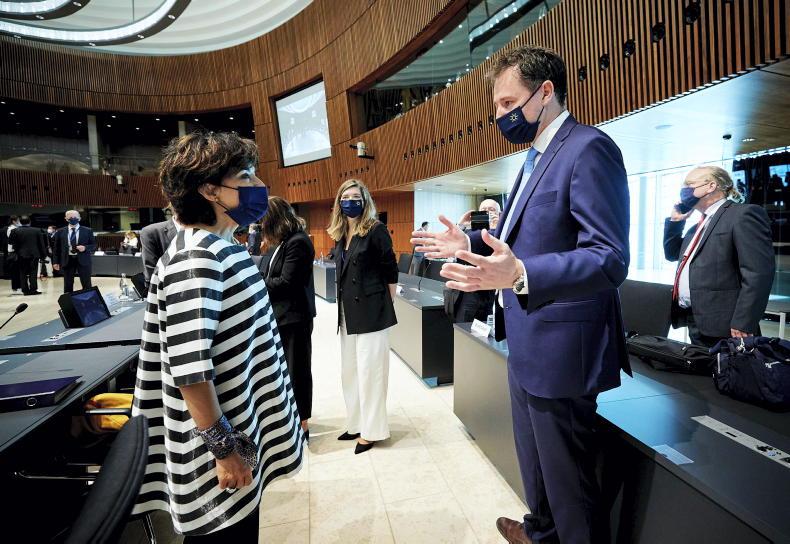
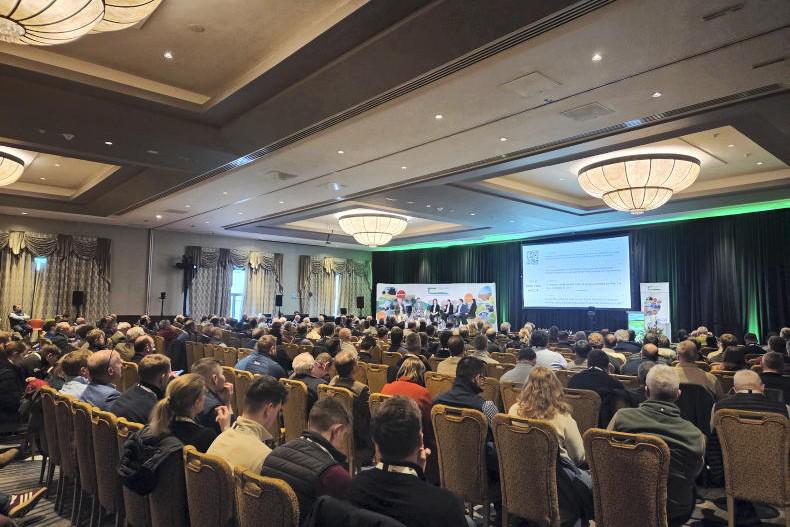

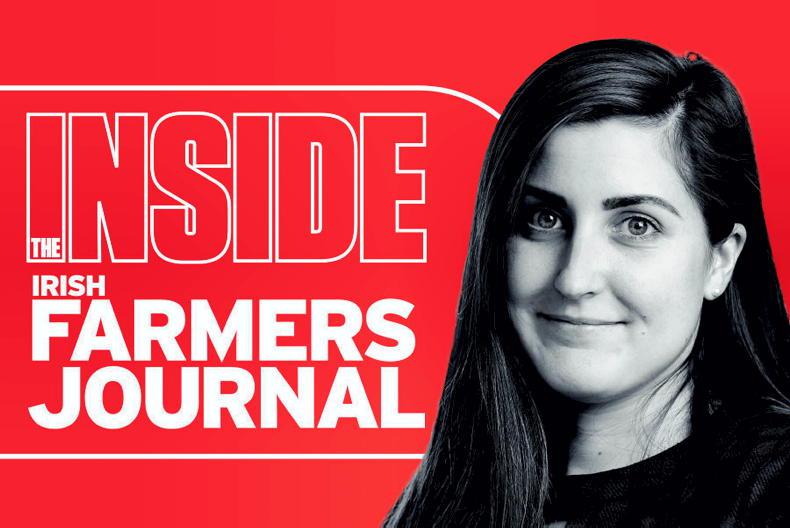
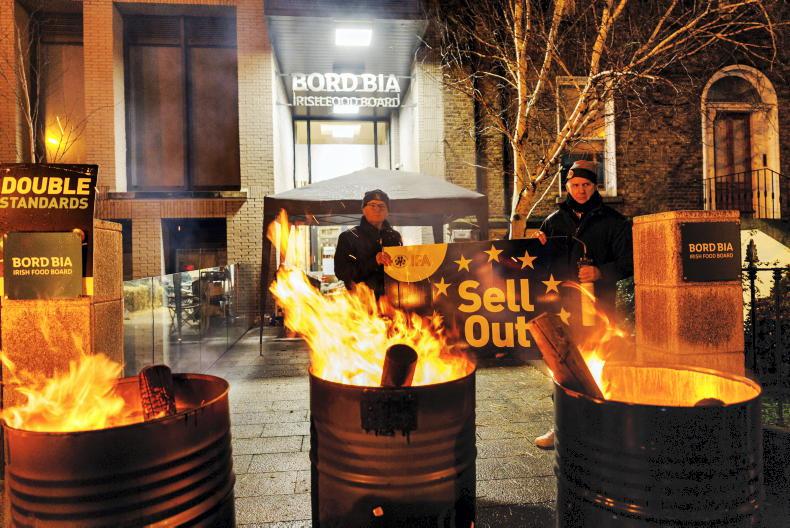
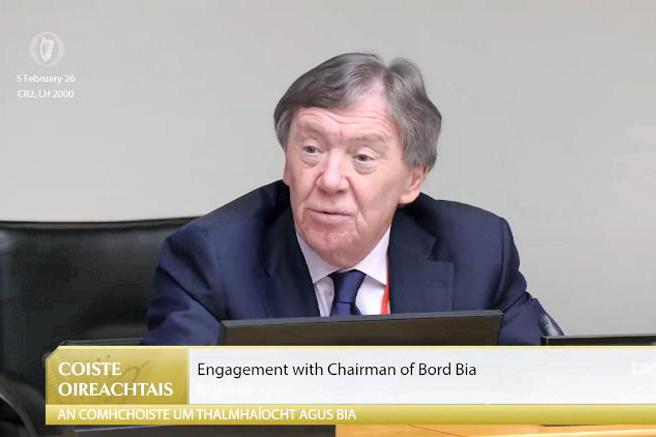
SHARING OPTIONS